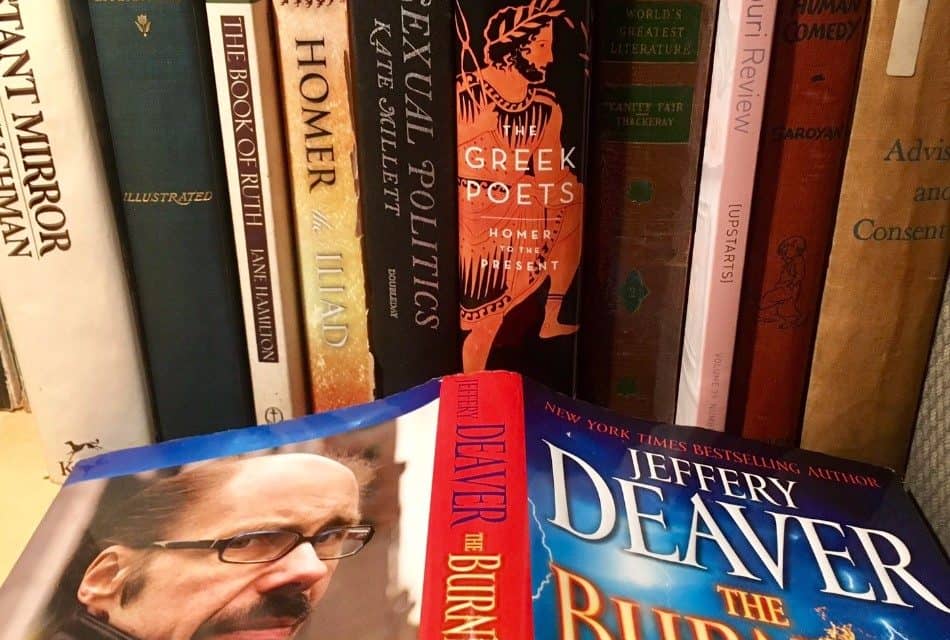All too often, to my great boredom, I’ve heard frustrated writers grouse something like “I should just write some cheap bodice-ripper and make a boatload of money.”
These people seem to think that would be a step down from the other imaginary books they will also never write.
However, despite an excess of confidence, this worldview is not as evolved as these misguided individuals might think.
Published authors might also bemoan the fact that their books sell so many fewer copies than the latest runaway bestseller by Nora Roberts or other commercial stars. That’s easily explained away by our would be literary geniuses: today’s readers are a bunch of dumb clucks. Now these writers are insulting both successful genre fiction authors and the millions who read them. Given how many people that adds up to, a shift in thinking may be called for.
You can’t fake it
I entirely doubt people with such pretensions could actually pen a successful genre book, whether in romance, mystery, fantasy or whatnot. Talented authors in any of these categories wholeheartedly believe in their carefully crafted characters, and are fully absorbed in their stories. If one reader finds a popular genre plot and its characters corny, that book ain’t for them. If others start reading it and get caught up in the story and can’t stop, they’re like most everybody else who gives it a try, and are hooked.
Henry James wrote of a writer (in this case, a male one, I guess), “We must grant the artist his subject, his idea, what the French call his donnée; our criticism is applied only to what he makes of it.”
But this one is good…
It’s not uncommon for a publishing house editor who generally doesn’t acquire mysteries to fall in love with one submitted to them. Then they run down the hall and enthusiastically present it to other editors and the editorial board as “a mystery, but a really good one.” But it turns out there are many good mysteries…and romances … and ….
The best homework ever
In a recent CareerAuthors post from agent extraordinaire Paula Munier, she urges readers to “Know your genre,” bringing up the frustrations faced by her and her colleagues when writers dismissively pitch their work as superior to all the competition, despite the fact that they haven’t read (or read lately–post 1970) successful books in the category. This strategy is a misguided one. If a writer does not understand the genre and how their book might fit within it, it’s more than likely their attempt will fall short of the mark. Even masters study the masters.
As well as persistently working to better their prose, good writers are voracious readers. They would be remiss not to learn lessons from past and current successes, especially when these particular literary instructors will keep you up all night, eagerly turning the pages. To read the best of the best in any genre, all you need to do download their books or go to a library or bookstore. Supporting your fellow writers is a great investment in your craft. Depending on your tastes, modern virtuosos like Don Winslow and Rainbow Rowell can certainly teach all of us a thing or two.
So many of the rewards from writing stem from its creation, rather than what follows. Writing should never be a mercenary effort. It must come from the heart.





